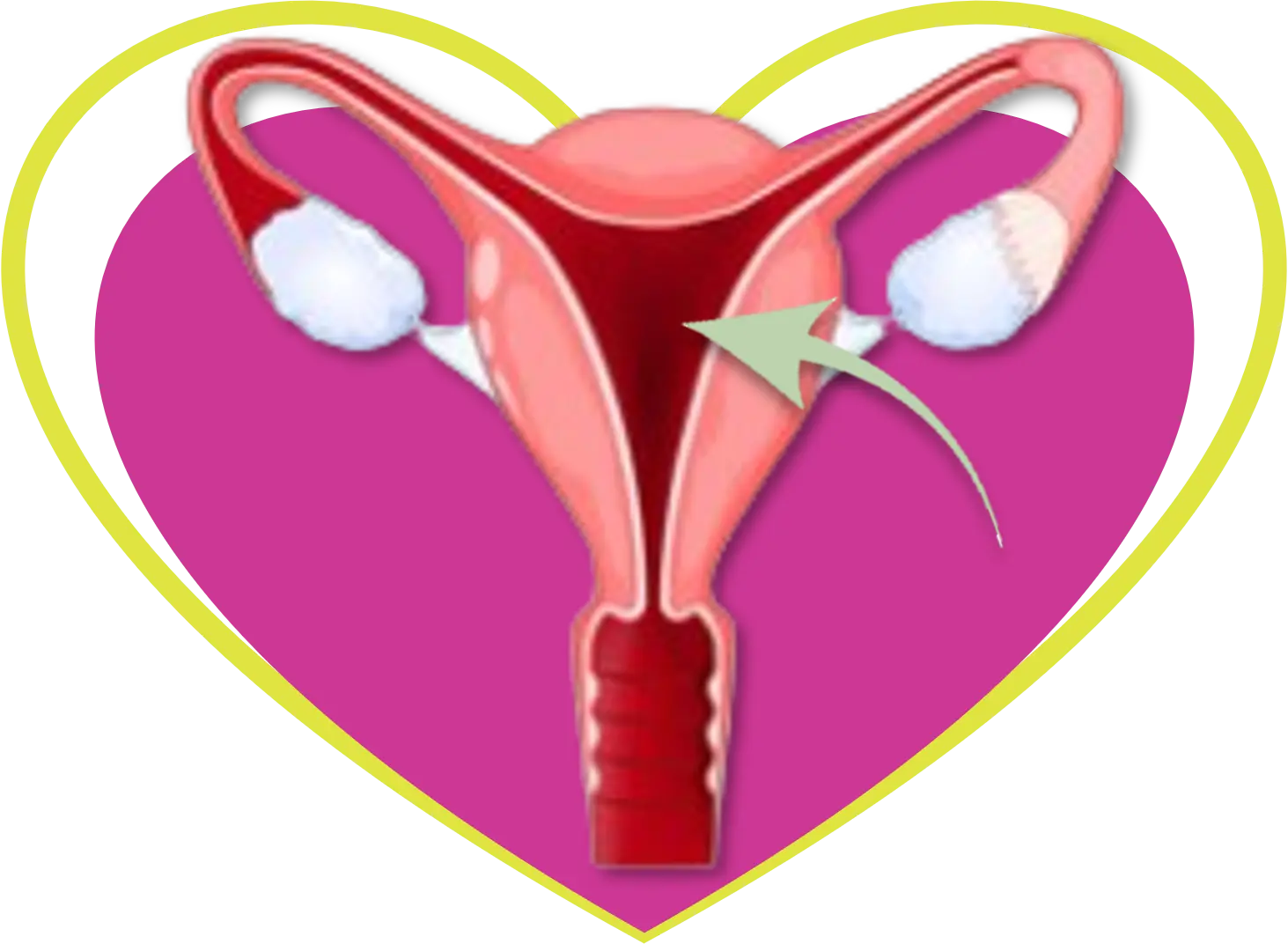What is it an Endometrial Biopsy?
An endometrial biopsy is a safe and efficient procedure where we, meaning your provider, takes a small sample of tissue from the lining of your uterus (the endometrium) for closer examination. This tissue sample is then examined by the lab under a microscope looking for abnormal cells.
Why might I need it?
An endometrial biopsy might be recommended if there are abnormal menstrual bleeding patterns. This applies before or after even menopause. In addition to helping identify potentially cancerous cell growth, it’s also used to investigate concerns related to hormonal changes, infections, and fertility.
How should I prepare?
No major preparations needed. Be sure to inform your provider if you are (or might be) pregnant. Also inform them of any allergies to medications you may have. As far as timing, it’s best to schedule the biopsy when you’re not on your menstrual cycle for both hormonal stability and visibility. In some cases, your provider may ask you to take an over-the-counter pain reliever such as ibuprofen (or Tylenol for those allergic to ibuprofen), about an hour before to manage any potential discomfort.
What happens after an Endometrial Biopsy?
Normally you can resume your regular activities minutes after the procedure. However, it’s best to take it easy for the rest of the day. Things to avoid for several days after the procedure:
- Tampon use
- Vaginal washes
- Sexual intercourse
- Heavy lifting
- Intense exercise
Some women experience mild cramping or spotting, however, it generally subsides quickly. There are several things to watch out for, although they are extremely rare, namely foul odor, fever, excessive bleeding, or pain in your lower abdomen. If you experience any of these please contact your provider right away.
The results from the biopsy will determine how your treatment plan will proceed. The next course of action will depend heavily on your results. If the biopsy indicates abnormal cells, you will be ask to schedule a follow up visit to go over potential treatment options. In certain cases, again depending on the results, you might be referred to a different specialist for more in-depth treatment options.
Still have questions?
Don’t worry, because you’re not alone. Remember that we’re here to help and support you, so don’t stress. Having questions is a good and healthy thing! Check out our additional resources below:
- Prefer reading? Here’s an article from the NIH (National Institutes of Health) on the matter.
- Rather watch or listen? Here’s video of Nelly herself, one of our esteemed providers, discussing the topic.
- General questions? Reach us via any contact methods listed at the bottom of this page (live chat, email, text messages, or a phone call).
- For specific medical questions or advice, it’s always best to schedule an appointment.
 TLC’s Video Library
TLC’s Video LibraryEnjoy countless hours of expert insights, wellness tips, with a dose of inspiration and humor. Your path to a healthier, happier you starts now!
